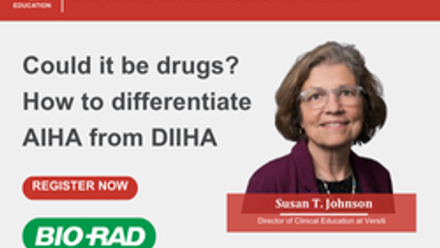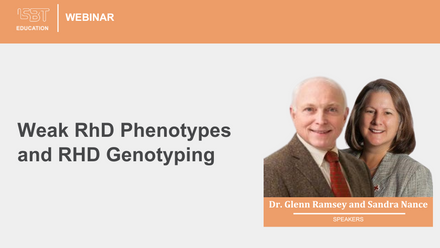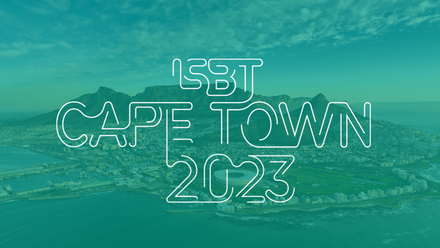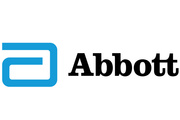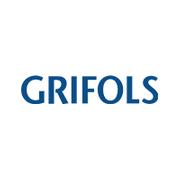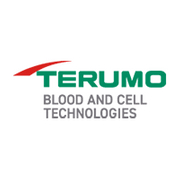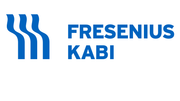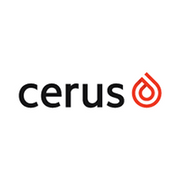The Recent technological advances in Immunohematology session included the following presentations:
1. Tim Steiert: Blood group haplotypes and third generation sequencing
2. Mercy Rophina: Characterization of the genomic landscape of blood group antigens and alleles in the Indian population utilizing whole genome sequencing data
3. Sonja Sigurdardottir: Molecular RHD donor screening in Switzerland: discovery of novel alleles by nanopore-sequencing
4. Masja De Haas: Implementation of a ddPCR method for non-invasive fetal blood group typing for alloimmunised pregnant women
5. Sylvia Mink: Automated data analysis framework for next generation sequencing blood group testing
MODERATORS: Christoph Gassner and Asa Hellberg
After the presentation, there was a questions and answers session of about 5 minutes, which is also included in the recording.
Abstract
How high-throughput targeted enrichment for third-generation sequencing can improve blood group typing
T A Steiert1, J Fuß1, S Juzenas1,2, M Wittig1, M Hoeppner1, M Vollstedt1, G Varkalaite3, H ElAbd1, C Brockmann4, S Görg4, C Gassner5, M Forster1, A Franke1
1Genetics & Bioinformatics, Institute of Clinical Molecular Biology, Kiel, Germany, 2Institute of Biotechnology, Vilnius University, Vilnius, 3Institute for Digestive Research, University of Health Sciences, Kaunas, Lithuania, 4Institute of Transfusion Medicine, University Hospital of Schleswig-Holstein, Kiel, Germany, 5Institute of Translational Medicine, University in the Principality of Liechtenstein, Triesen, Liechtenstein
Blood group genotyping is becoming an increasingly attractive alternative to classical serological blood group typing. While genotyping by sequencing remains comparatively expensive, microarray-based genotyping already provides an inexpensive and scalable platform for blood group typing. The design of reliable microarrays for such purposes, however, requires sufficient knowledge about alleles and their distribution among populations. This can only be achieved with comprehensive and haplotype-resolved data generated by third-generation long read sequencing. We here present a scalable and affordable protocol for the enrichment of long genomic fragments of blood group loci for long read sequencing. We achieve high sequencing coverage for desired blood group loci, can reliably phase heterozygous SNPs and leverage the advantages of long reads for accurate SNP and structural variation detection. This protocol can be used in research to further refine ISBT reference alleles and, in addition, may be performed for diagnostic purposes in case of ambiguous test results. In summary, we propose a high-throughput capable and affordable protocol for the enrichment of long fragments of genomic blood group loci to be used in research and diagnostics.


